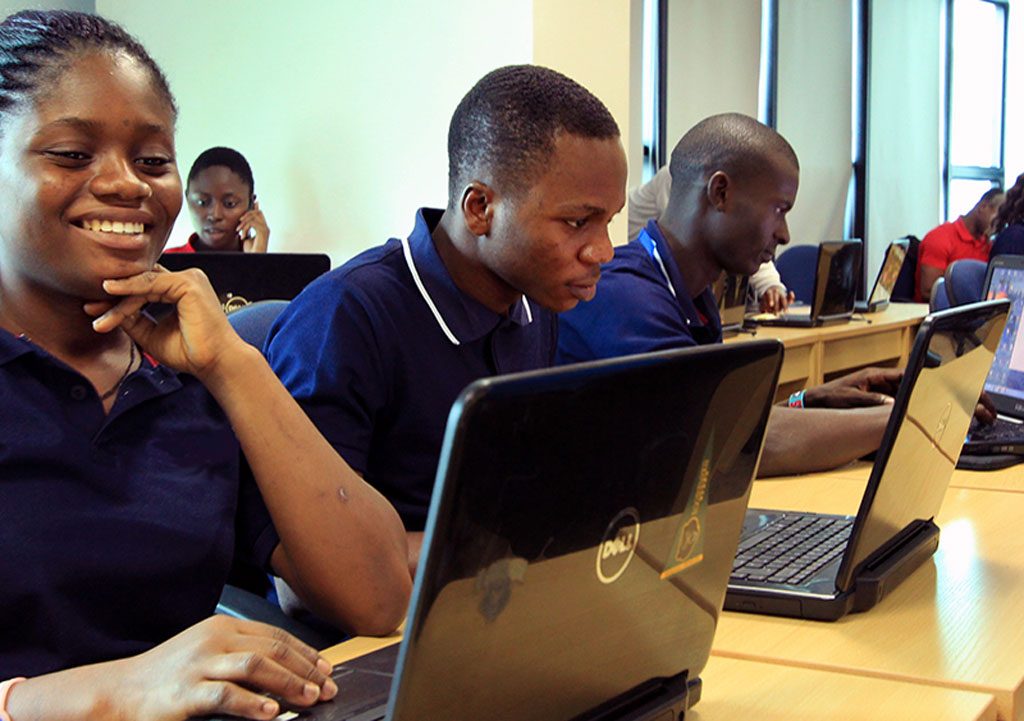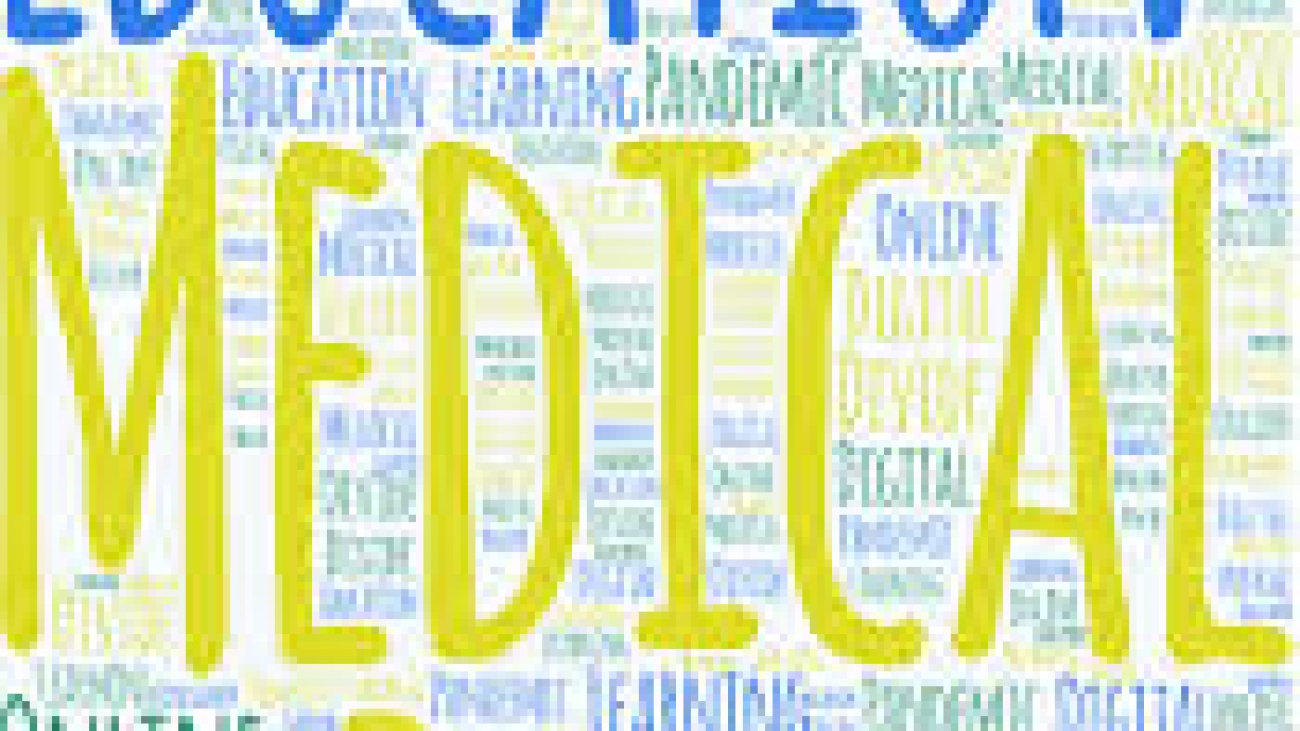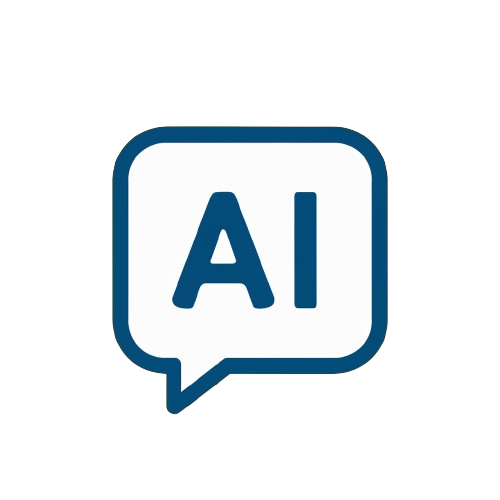By Jesse Akubude
The internet has revolutionized education, and medicine is no exception. Online learning platforms offer a wealth of resources for medical students in Nigeria. However, despite the potential benefits, online medical education faces significant challenges in the Nigerian context. Let’s delve into some of the key hurdles:

1. Digital Infrastructure: Reliable internet access is essential for online learning. Unfortunately, many regions in Nigeria struggle with poor internet connectivity and frequent power outages. This disrupts learning schedules and makes it difficult to access essential online resources.
2. Cost and Affordability: Medical education in Nigeria already carries a hefty price tag. Online learning platforms often require subscriptions or fees, further straining student budgets. Additionally, the cost of internet access and devices adds another layer of financial burden.
3. Limited Practical Training: While online platforms can provide theoretical knowledge, they struggle to replicate the crucial hands-on experience medical students need. The ability to perform clinical procedures, conduct physical examinations, and interact with patients directly is a vital part of medical training that online learning can’t fully replace.
4. Faculty Training and Development: The transition to online teaching requires faculty to develop new skills and adapt their teaching methods. Not all educators in Nigeria may have the necessary training and support to create effective online learning experiences.
5. Quality Control and Standardization: The rapid rise of online learning platforms necessitates robust quality control measures. Ensuring the accuracy and credibility of online medical content is crucial to maintaining educational standards.

Looking Ahead
While online medical education presents challenges in Nigeria, it also holds immense promise. Here are some ways to bridge the digital divide:
- Government investment: Increased funding for infrastructure development can expand internet access and affordability in underserved areas.
- Faculty development programs: Equipping educators with the necessary skills to create engaging and effective online learning experiences is crucial.
- Partnerships with universities abroad: Collaboration between Nigerian institutions and universities with established online learning programs can foster knowledge sharing and best practices.
By addressing these challenges and harnessing the potential of online learning, Nigeria can create a more accessible and effective medical education system for the future generation of doctors.



Add a Comment